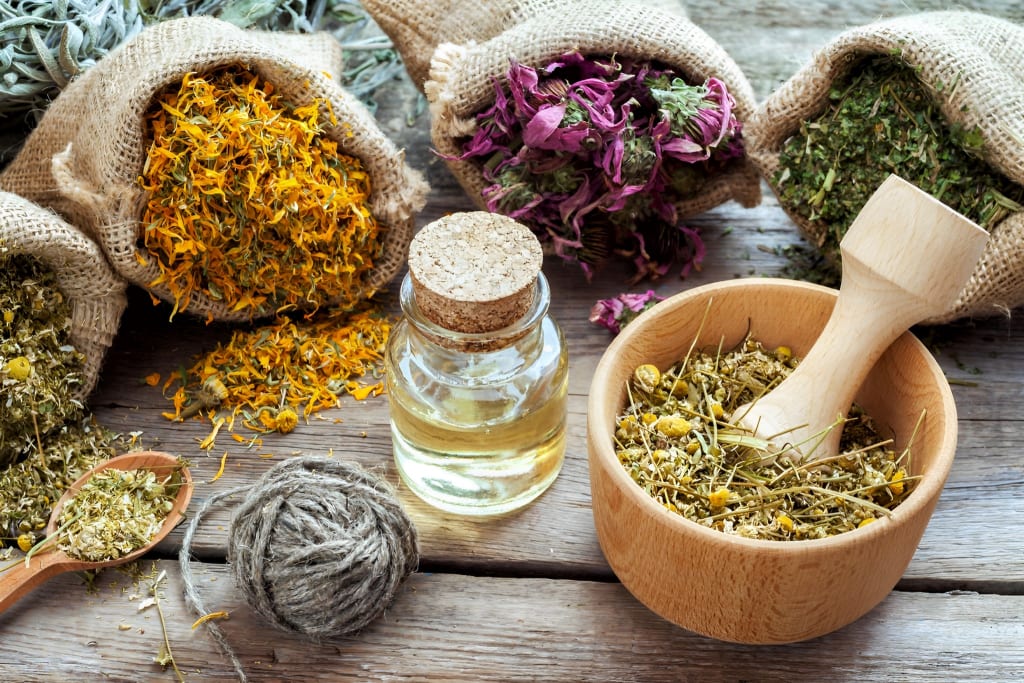
Flowers have long held a special place in human society. They are adored for their expressive power and revered for their beauty. Flowers have been used for their medicinal qualities for millennia in addition to their aesthetic appeal. This article delves into the mysterious language of medicinal flower plants, revealing its deep cultural importance, therapeutic uses, and historical significance.
2. The Fascinating World of Medicinal Flowers:
2.1 The historical significance of medicinal flowers:
Throughout time, medicinal flowers have been essential to conventional medical procedures. Many flowers have medicinal properties, and ancient civilizations like the Egyptians, Greeks, and Chinese recognized this and used it in their medical practices. These practices are the cornerstone of contemporary herbal treatment because they have been handed down through the generations.
2.2 The cultural importance of medicinal flowers:
The cultural significance of medicinal flowers varies between countries and they are not simply thought to have therapeutic characteristics. Flowers have symbolic meanings and represent various emotions across different civilizations. While lotus blossoms are traditionally associated with purity and enlightenment in Eastern cultures, roses are globally recognized as a symbol of love and well-being.
2.3 The science behind the healing properties of flowers:
Beyond popular perception, scientific investigation has clarified the therapeutic benefits of flowers. Flowers include a variety of substances that support their therapeutic benefits, including flavonoids, antioxidants, and essential oils. The potential for these natural chemicals to have anti-inflammatory, antibacterial, and analgesic effects has been thoroughly investigated.
3. Common Medicinal Flowers and Their Benefits:
3.1 Rose: The symbol of love and wellness:
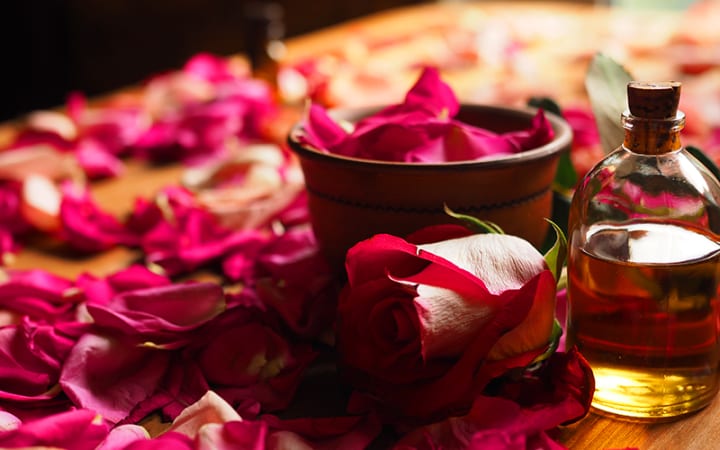
The "queen of flowers," roses are known for having a variety of medical uses. Rose oil and petals are used in traditional medicine to support healthy skin, enhance digestion, and relieve tension and anxiety. The calming effects of rose tea, a pleasant infusion produced from rose petals, are well-known.
3.2 Lavender: The soothing and calming flower:
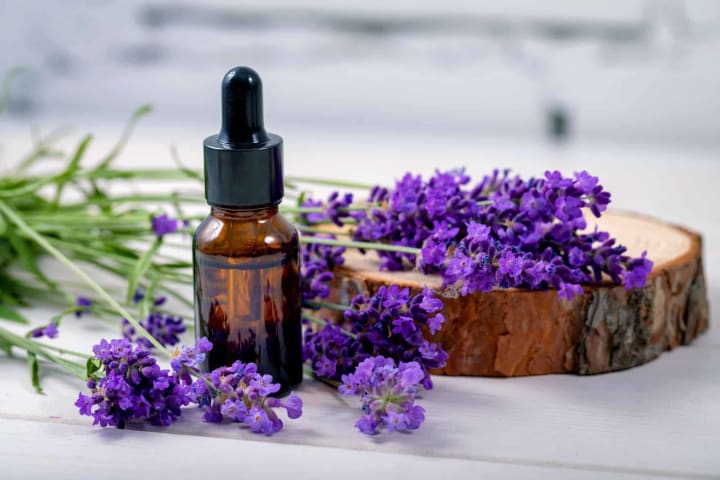
Lavender is well known for being tranquil and relaxing. Linalool and linalyl acetate, two fragrant chemicals present in lavender flowers, have been demonstrated to have a calming impact on the nervous system. Aromatherapy frequently employs lavender essential oil to encourage relaxation, reduce tension, and enhance sleep. It is a popular choice for easing headaches and muscle tension because it is also well known for its mild analgesic qualities.
3.3 Chamomile: The herb for relaxation and sleep:
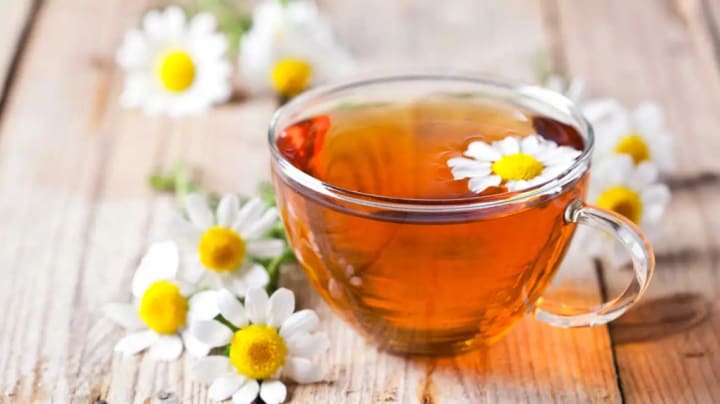
Since ancient times, chamomile has been used as a natural medicine to encourage relaxation and enhance sleep because of its lovely daisy-like blossoms. Flavonoids and terpenoids found in chamomile flowers have relaxing and calming effects on the body. Anxiety, insomnia, and digestive pain can all be soothed by chamomile tea, a well-liked herbal infusion. It is frequently practiced as a nightly ritual to encourage sound sleep.
3.4 Calendula: The versatile healing flower:
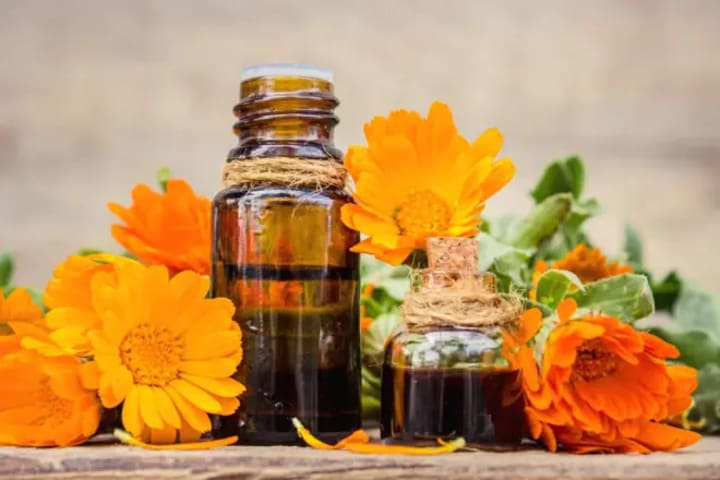
Calendula, sometimes referred to as marigold, is a colorful flower with outstanding therapeutic abilities. Due to its anti-inflammatory, antibacterial, and wound-healing characteristics, it is frequently utilized in cosmetic products. Calendula oil and extracts are a great option for treating dryness, irritation, and minor wounds because they are proven to calm and nourish the skin. Additionally, the blossoms can be added to herbal remedies to boost the immune system and lessen inflammation.
3.5 Echinacea: The immune-boosting powerhouse:
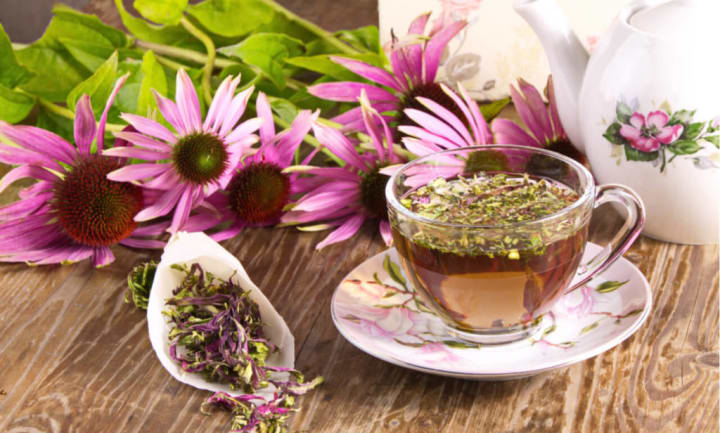
Echinacea is an eye-catching flower that has long been valued for its capacity to strengthen the immune system. Alkamides and polysaccharides, two active substances found in the plant, promote the activity of immune cells and strengthen the body's defense mechanisms. During the cold and flu season, echinacea supplements and teas are popular options to boost the immune system and lessen the intensity and duration of respiratory illnesses.
"Unlock the Power of Nature: Get your Medicinal Garden Kit today and embark on a journey of self-sufficiency and healing. Grow your own medicinal plants and experience the transformative benefits of natural remedies. Start cultivating your wellness garden now!"
4. The Art of Extracting Medicinal Properties:
4.1 Traditional methods of flower extraction:
Traditional healers and herbalists have used a variety of techniques for millennia to extract the therapeutic benefits of flowers. Making herbal infusions and decoctions, where flowers are steeped in hot water to release their medicinal chemicals, is one popular technique. Flower essences can also be extracted via tinctures and cold maceration, which involve soaking the flowers in ethanol or oil for a while. The active components of the flowers are preserved by using these conventional extraction techniques, which also make administration simple.
4.2 Modern techniques for obtaining flower extracts:
Modern methods for extracting floral extracts have arisen as a result of technological breakthroughs. These techniques include of solvent extraction, steam distillation, and supercritical fluid extraction. A common method for obtaining essential oils from flowers and preserving their fragrant constituents is steam distillation. Solvent extraction involves extracting a greater variety of chemicals from the flowers using solvents like ethanol or hexane. Purity and potency are guaranteed via supercritical fluid extraction, which uses carbon dioxide under high pressure to remove particular chemicals.
5. Harnessing the Healing Power:
5.1 Medicinal flower teas and infusions:
Making teas and infusions is one of the simplest methods to use medicinal flowers for healing. Hot water is infused with dried flowers to extract the water-soluble chemicals, resulting in a tasty and healing beverage. Depending on the flowers used, medicinal flower teas can be savoured for its calming, calming, or energizing properties. Additionally, adding various flowers to herbal concoctions might have a synergistic impact that increases the overall advantages.
5.2 Essential oils and aromatherapy:
Aromatherapy has experienced a substantial increase in the use of essential oils made from medicinal flowers. The medicinal qualities and fragrant elements of the flowers are preserved in these highly concentrated oils. Essential oils can be applied topically or inhaled to encourage relaxation, improve mood, relieve pain, and boost general wellbeing. To generate a sensory experience and improve mental and physical health, various flower essential oils, such as lavender, rose, and chamomile, are utilized in diffusers, massage oils, and bath products.
5.3 Flower-based skincare and beauty products:
The development of skincare products based on flowers was sparked by the beauty industry's recognition of the skin-nourishing qualities of medicinal flowers. In creams, lotions, serums, and facial masks, calendula, rose, and chamomile are frequently present and provide moisturizing, calming, and anti-aging effects. These flowers are rich in anti-inflammatory, anti-oxidant, and anti-vitamin A and C chemicals that help maintain a young appearance, minimize redness, and protect the skin from environmental harm.
6. Cultural Significance and Symbolism:
6.1 Flower symbolism in different cultures:
In addition to having therapeutic effect, medicinal flowers often have symbolic implications in different cultures. Numerous folktales and old traditions relate particular flowers to particular traits, feelings, or occurrences. For instance, lotus flowers, which stand for purity and enlightenment in Eastern cultures, are adored for their spiritual significance. On the other hand, in many Western countries, roses stand for beauty and love. The value of medicinal flowers is enriched and given depth by understanding the cultural symbolism associated with them.
6.2 Medicinal flowers in traditional medicine systems:
Medicinal flowers are used in traditional medical systems like Ayurveda, Traditional Chinese Medicine, and indigenous healing techniques. These systems use the special qualities and energies of certain flowers to promote healing and bring about equilibrium. When using medicinal flowers as part of the healing process, traditional medicine takes a holistic approach that takes into account not just the physical components of well-being but also the emotional, energetic, and spiritual dimensions as well.
7. Ethical Considerations and Sustainability:
7.1 Responsible harvesting and cultivation practices:
It is essential to think about the ethical ramifications of their production and harvesting as the demand for medicinal flowers rises. Sustainable farming methods ensure that flowers are harvested in a way that has the least possible negative impact on the environment and promotes natural regrowth. Additionally, maintaining the purity and integrity of medicinal flowers is made possible by encouraging organic gardening practices and avoiding hazardous pesticides or chemicals.
7.2 Protecting endangered medicinal flowers:
A few species of medicinal flowers are in danger of extinction because of overharvesting, habitat loss, or climate change. To safeguard and conserve these plants, it is crucial to create awareness and take preventative action. This may entail assisting organizations that support environmental protection, advocating ethical wildcrafting methods, and encouraging the cultivation of medicinal plants that are in danger of extinction in botanical gardens or other protected locations.
8. Conclusion:
Medicinal flowers have a wonderful symbolic and healing language. They are an intriguing topic to research because of their historical importance, therapeutic advantages, and cultural significance. These flowers, which range from roses to lavender, chamomile to calendula, echinacea to many more, offer a variety of therapeutic benefits and chances for wellbeing. We may embrace medicinal flowers' potential to improve our health and ties to nature by learning their science, traditional applications, and ethical implications.
9. FAQs:
9.1 Are there any side effects of using medicinal flowers?
A: While medicinal flowers are generally safe, some individuals may have allergic reactions to certain flowers. It's important to test for allergies and consult with a healthcare professional before using new flower-based remedies.
9.2 Can anyone use medicinal flowers, or are there any restrictions?
A: Most medicinal flowers are safe for use by the general population. However, pregnant or breastfeeding women, children, and individuals with specific medical conditions should exercise caution and consult with a healthcare professional before using medicinal flowers. Certain flowers may interact with medications or have contraindications, so it's important to seek professional advice for personalized recommendations.
9.3 How long does it take for medicinal flowers to show their effects?
A: The timeframe for experiencing the effects of medicinal flowers can vary depending on the individual and the specific condition being addressed. While some people may notice immediate benefits, for others, it may take consistent and long-term use to observe significant changes. Patience and consistency are key when using natural remedies, as they often work gradually to support the body's natural healing processes.
9.4 Can medicinal flowers be used alongside conventional medicine?
A: Medicinal flowers can often complement conventional medicine. However, it's crucial to inform your healthcare provider about any natural remedies you're using to ensure they don't interfere with prescribed medications or treatments. Collaborating with a healthcare professional allows for a holistic approach, combining the benefits of both traditional and modern medicine.
9.5 Where can I find medicinal flowers?
A: Medicinal flowers can be found in various forms, including dried flowers for teas, essential oils, herbal supplements, and skincare products. They are available at health food stores, herbal apothecaries, online retailers, and even some local farmers' markets. It's important to source medicinal flowers from reputable suppliers to ensure their quality and potency.
9.6 How can I incorporate medicinal flowers into my daily routine?
A: There are numerous ways to incorporate medicinal flowers into your daily routine. You can enjoy flower-infused teas or add dried flowers to your bath for a relaxing experience. Essential oils can be used in diffusers, massage oils, or diluted in carrier oils for topical application. Additionally, exploring skincare products containing medicinal flowers can provide a nourishing and therapeutic self-care routine.
Now, you can explore the fascinating world of medicinal flowers, their healing properties, cultural significance, and ethical considerations. Embrace the language of whispering blooms and unlock the potential of these enchanting gifts from nature to enhance your well-being and connection with the natural world.
Disclaimer: Please note that some of the links on this website are affiliate links. This means that at no additional cost to you, I may earn a commission if you click through and make a purchase. I only recommend products and services that I have personally used and believe will add value to my readers.
About the Creator
Aditi
I Love to Write, I hope you love to read





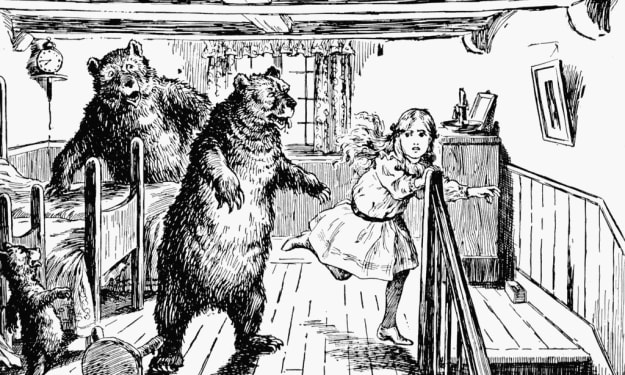
Comments
There are no comments for this story
Be the first to respond and start the conversation.